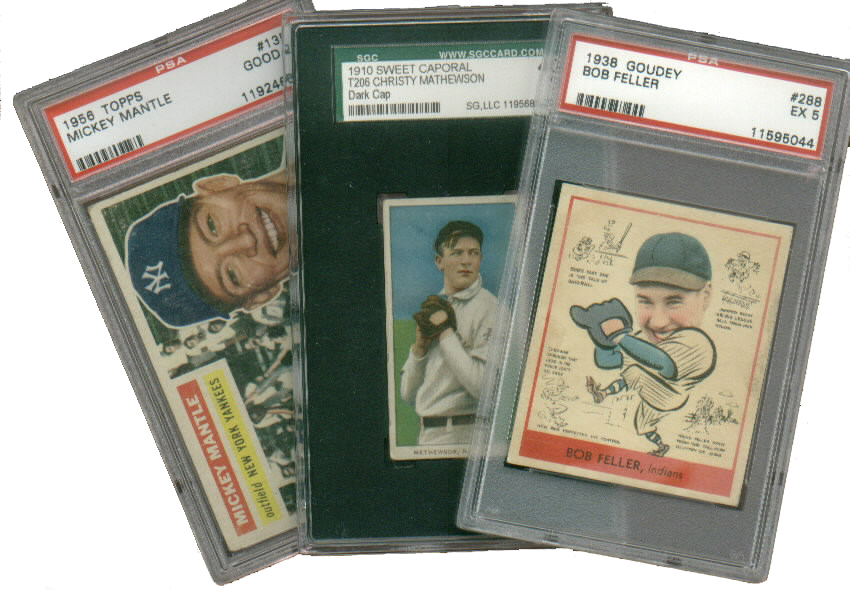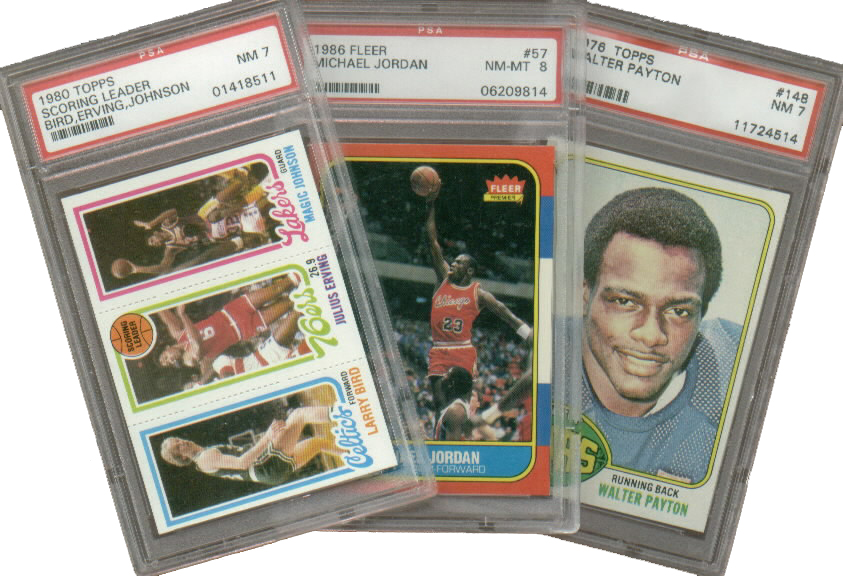


 |
 |
 |
Home
View Inventory
"Do You Buy?"
About/FAQ
Show Schedule
Links
|
05-17-2010 If the Terminator franchise has taught us anything, it is that the "Rise of the Machines" is not a good thing. It is implied that this rise will culminate with the fall of all humankind. And I'm starting to believe this end result will come true. How we will get there is a different story than the movies depict though. I don't foresee cyborg killing machines roaming the earth or raining down a nuclear holocaust. Instead I see computers hitting us humans where it really hurts - in the pocketbook. This is unfortunate, because computers and automated machines make our lives easier in 100s of ways, big and small, every day. A little chip inside my thermostat tells my air conditioning to kick on when the house gets up to a certain temperature. This saves me getting my lazy butt off the couch or out of bed. The fact that the A/C then turns off at a certain point saves me mucho dinero every year on my power bill. Not that I actually pay my power bill. Well, I do, but I don't. Like most everyone, I gave the power company my bank account information years and years ago, and an automated system extracts the amount of the bill from my account and gently places it in theirs. Easy. The most any human is involved in that process is probably the mailperson who delivers to me a notice of what that amount will be every month. If only everything could be that simple and clear-cut. Case in point, the recent "flash crash" in the stock market. On Thursday, May 6th, the Dow took a nearly 1000 point drop in matter of minutes. Some stocks even fell to zero. Zero! ...which means that whole companies' values fell to nothing at all. Just as quickly, the market rebounded almost to the point it had been at before the free fall. And here we are, ten days later, and precious little has been learned about what triggered the drop or how to prevent it from happening again. I'm all for the stock market. At it's core, it is a beautiful system. Owning a fraction of a company is an exciting concept. If you enjoy gambling, you can lessen your losses, if only fractionally, by owning Wynn or MGM. Better yet, you can sit at one of those casinos, win at the tables, and also know that you are earning pennies from the sucker who is losing sitting next to you. Same theory applies for all the fees you pay eBay or all the Bud you drink. But very little remains of this beautiful simplicity. Stock brokers and fund managers and online brokerage services now take a cut of every transaction one makes. There are options and futures available to trade. The general population was introduced to the mouthful "mortgage-backed securities" after the housing bubble burst. And the new addition to our lexicon after this recent flash crash was the term "e-minis." E-minis sound like a delicious new bite-size cookie or cute smart car, but not yet another mysterious commodity that no one understands, and which could also cripple our stock market. I'm tired of potentially market-crippling commodities that no one understands... Regulators don't understand how any of these packaged securities work. How did the stock market get so out of control? And why isn't more of the public's anger focused on the regulators? I don't like watching congressional panels grill the head of large banks and investment firms after the fact! This is the equivalent of a parent not knowing what a clean room or properly made bed looks like. It's the regulators' house; they should be the ones determining what "clean" looks like. And no one seems to understand how pre-programmed computer trading works. The extent that we rely on computers is scary. Think about about the attacks of 9/11. Terrorists didn't attack Fort Knox. They attacked our financial information centers. The stock market tanked, and our economy hasn't been the same since. Should we feel so confident in our retirement accounts that are based on stocks? Do we have any proof of what we own, other than quarterly statements? Should we entrust our savings to greedmongers who can bring our investments down to zero value...and do so without so much as an "I'm sorry, my bad."? I'll stick with cards. Sportscards are also little pieces of history. The printing and photo technology, the design, the smell, not to mention the players and stats - every bit of the card provides a window into the time when it was created. But cards, unlike stocks, are tangible. You can buy what you like, just as you can with stocks, but then you can look at them and show them to your friends. And no dweeb is going to mistakenly make your card collection worth zero for a few minutes on a Thursday afternoon. I'm sure even Congress understands baseball cards. Have fun! -T |